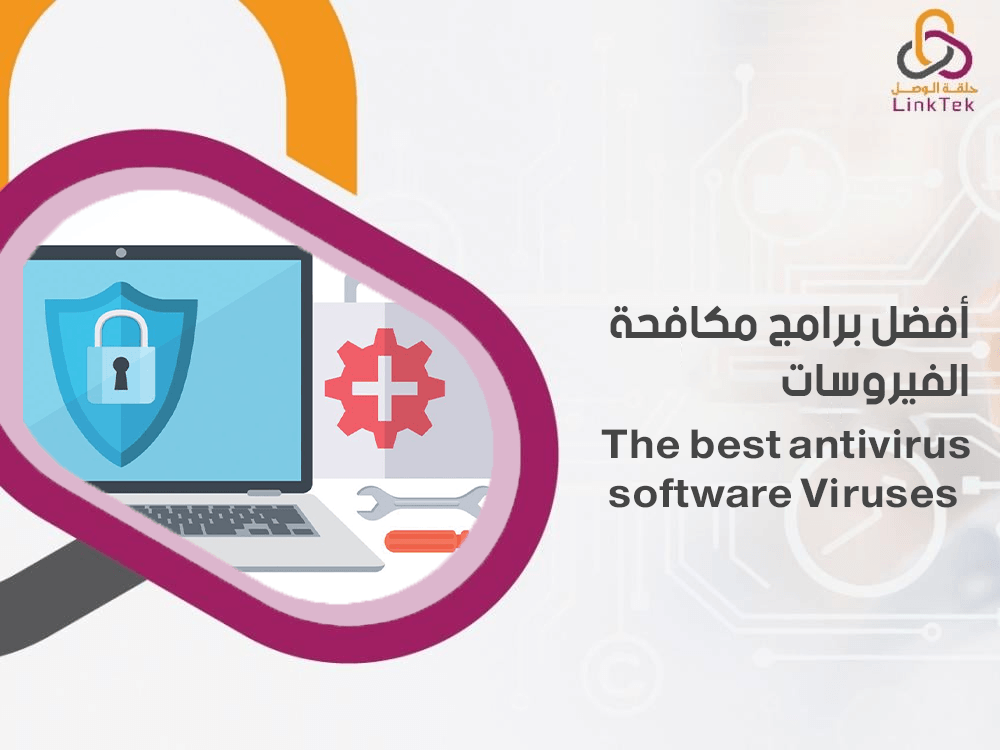
All computer users face numerous problems due to the damage caused by computer viruses. These viruses can lead to a range of issues, from the damage or loss of certain files to complete damage or failure of a computer’s software systems. This highlights the critical importance of antivirus programs. So, what are the best antivirus programs? And what damage can viruses cause to your device? This is what we will explore in this article.
What Are the Best Antivirus Programs?
Many companies produce various antivirus programs designed to regularly scan your computer and check all files. Here are some of the best antivirus programs to protect against cyber threats:
- Kaspersky Antivirus: A popular antivirus program widely used by large corporations for virus protection. It also excels in safeguarding users' financial transactions and credit card information.
- Avast: Protects your device from viruses that may affect it while browsing the internet. It also protects credit card information from theft.
- McAfee: Known for its ability to protect an unlimited number of devices. It can also be used on mobile devices, along with many other protective features.
- Norton: Offers protection for usernames, passwords, and user data while simplifying data recovery.
- AVIRA: Compatible with a wide range of devices and protects all data on your devices.
- Bitdefender: Known for its high ability to detect malware, features fraud protection tools, and has a minimal impact on system performance.
- Panda: Offers protection for wireless networks and USB devices and includes additional modes like Game Mode.
- TOTAL AV: Known for its speed and ability to work on multiple devices.
- AVG: Protects an unlimited number of devices and safeguards your device’s camera from unauthorized access.
There are many other antivirus programs to choose from, depending on the compatibility with your devices, your specific needs, the budget for purchasing the software, and other factors.
What Damage Can Viruses Cause to Your Device? Major Cyber Threats from Viruses
As mentioned earlier, the purpose of using and choosing the best antivirus programs is to protect against cyber threats. So, what are these threats, and what kinds of damage can computer viruses, or even mobile phone viruses, cause? Let’s explore these damages in this section:
- Slowing Down the Computer: One of the most notable and prominent damages caused by viruses is slowing down the device's performance. This applies to both computers and mobile phones, as well as the software of various devices. Sluggish performance is also one of the clearest signs of a virus infection.
- Disruption of Certain Programs or Applications: Virus infections can cause unexpected disruptions in certain programs and applications, prevent some from launching, or cause others to shut down suddenly.
- Unexpected Pop-ups or Messages: Another key indicator of a virus infection is the appearance of strange pop-ups or messages.
- Loss or Corruption of Files: Viruses can lead to the corruption or loss of files on the computer or cause them to malfunction.
- Changes in Device Memory: In some cases, viruses may cause false changes in device memory, either increasing or decreasing its capacity.
- Changing Passwords: Certain types of viruses can change passwords for the device or some programs to steal data or accounts.
- Theft of Data or Information: Some types of viruses specialize in stealing data or information from devices, such as personal photos or bank account details.
- Sending Unwanted Emails from an Infected Account: Viruses sometimes use an infected email account to send spam emails to contacts, aiming to spread the virus to other devices.
- Damage to Devices and Files: In many cases, viruses cause damage to devices and files, preventing them from functioning correctly.
Computer viruses are among the most widespread and harmful problems, as they can lead to the malfunctioning of devices and data theft. Therefore, obtaining the best antivirus software tailored to its specific functions is crucial for protecting devices and ensuring their proper operation. It is also essential to continuously update antivirus programs to ensure they work correctly.

